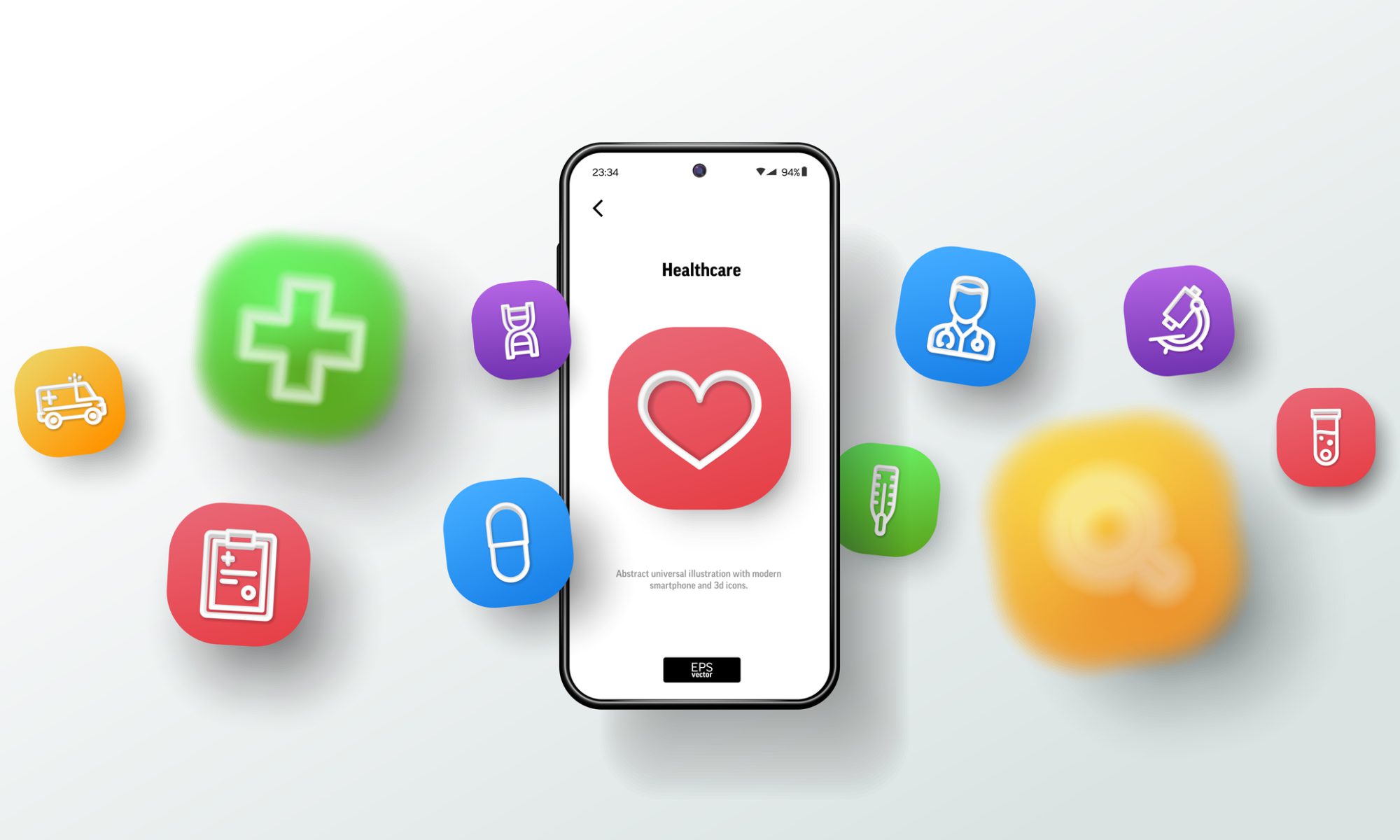By Lisa Aubry
Within less than a year of his diagnosis, Ronney Hester pushed his multiple myeloma into complete remission, meaning all signs and symptoms of the blood cancer disappeared. With his fatigue and breathlessness out of the picture, the 62-year-old army veteran forged on, partnering with Loma Linda University Cancer Center’s Bone Marrow Transplant (BMT) program earlier this year to receive a transplant of his own stem cells. The transplant is intended to keep the cancer in remission and prolong his life for years to come. Read the full story from Loma Linda University Health.









